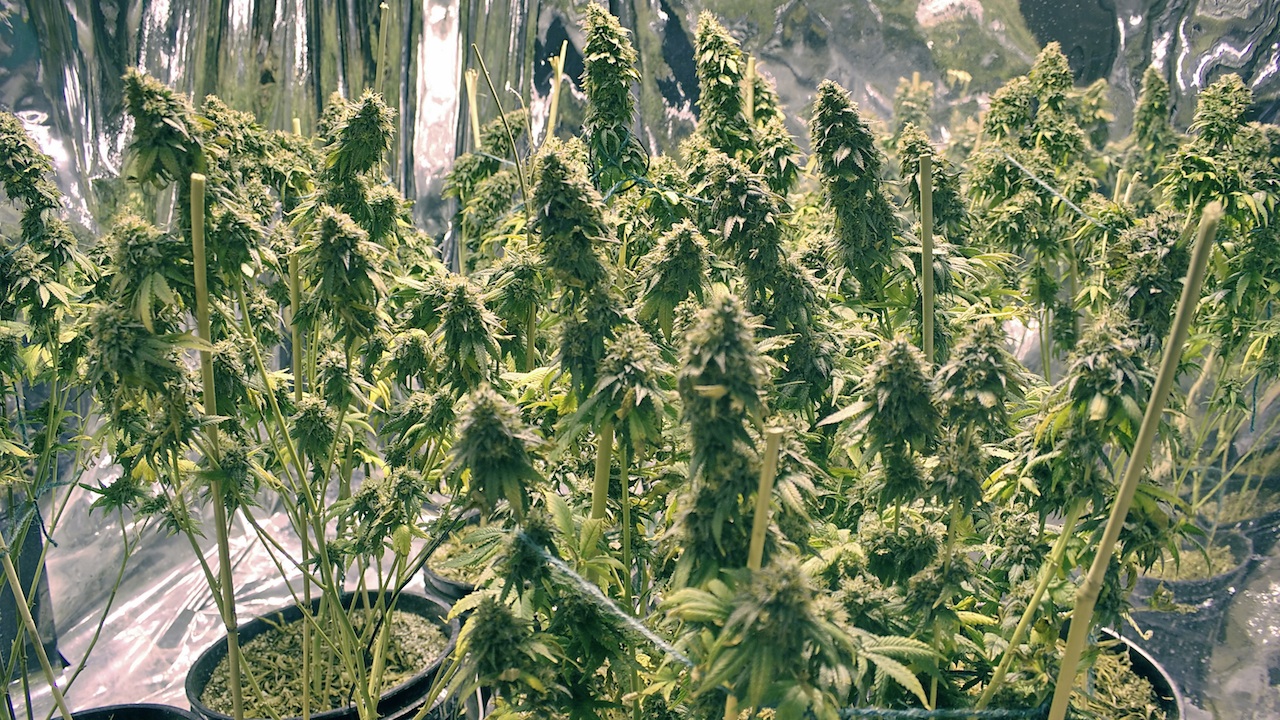Since its rise in the early 80s, HIV has sadly become one of the most infamously crippling, hard-to-beat viruses. But preliminary research from the Temple University School of Medicine suggests that a viable treatment for HIV may be found within America’s third most popular recreational drug: Weed.
 Using synthetic versions of THC (weed’s chemical compound that gets you high), researchers discovered that when introduced into the bloodstream, THC can dramatically strengthen macrophages — the white blood cells that are HIV’s first point of attack. Typically the virus then latches onto macrophages to “pollinate” and infect other cells, destroying the immune system. But, as the team observed in an HIV-infected lab mouse, when the macrophages’ CB2 receptors were stimulated by THC, they were much better at weakening the virus.
Using synthetic versions of THC (weed’s chemical compound that gets you high), researchers discovered that when introduced into the bloodstream, THC can dramatically strengthen macrophages — the white blood cells that are HIV’s first point of attack. Typically the virus then latches onto macrophages to “pollinate” and infect other cells, destroying the immune system. But, as the team observed in an HIV-infected lab mouse, when the macrophages’ CB2 receptors were stimulated by THC, they were much better at weakening the virus.
While these findings are still in their early, lab-only stage, there’s a lot of exciting potential here: if THC could slow down the spread of HIV, it could allow “time for other antiretrovirals to help keep it at bay, or even remove it.” It’s not all that shocking that this discovery was made now, of all times, following a year of major progress for medicinal weed — in both political and scientific communities.
“The synthetic compounds we used in our study may show promise in helping the body fight HIV-1 infection,” pathologist Yuri Persidsky said. “As compounds like these are improved further and made widely available, we will continue to explore their potential to fight other viral diseases that are notoriously difficult to treat.”
Pretty exciting.


